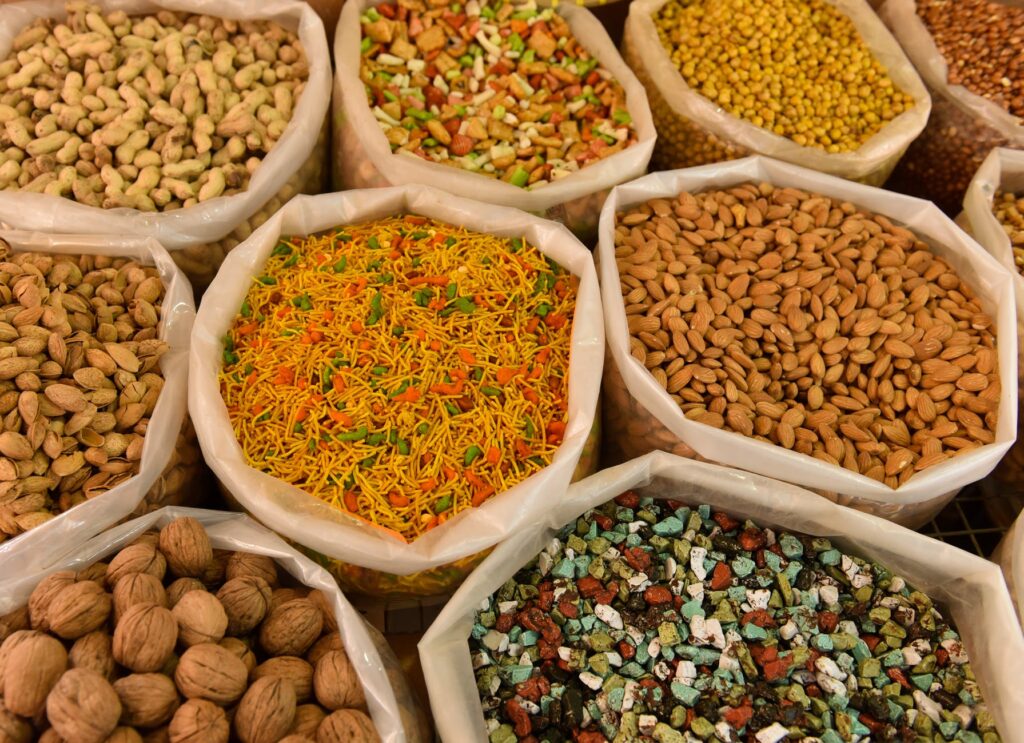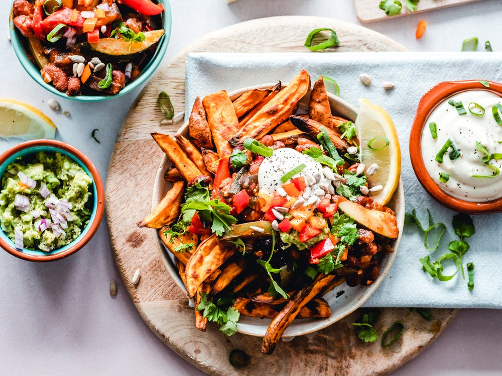
Photo by Frans Van Heerden from Pexels
By Abigail Mathew, Alliance for Sustainability Intern
Buy Bulk Goods
Buying bulk goods is an excellent way to eliminate the amount of plastic and paper waste going into landfills. Some stores practice zero-waste selling in which their products are stored in large containers and you can then select the portions that you want by bringing your own containers. If you do have the time and resources, you may even prefer stores that completely forgo packaging, especially if you have the time to prepare meals with fresh ingredients.
Otherwise, you can stick to pre-packaged bulk items because you’re still making a difference by shrinking your resource consumption. Nevertheless, it is important to keep in mind that buying in bulk requires storage space and reliable transportation. Consequently, for people with limited storage space, transportation concerns, and a very tight budget, bulk buying might not be the best idea.

Photo by Ella Olsson from Pexels
Reduce Meat Consumption
While all the other sustainability shopping steps can make a difference, the most impactful thing we can do in terms of shopping is implementing a dietary change. That could range from joining millions of others in having a Meatless Monday or just reducing overall meat consumption to shopping vegetarian or even vegan. The impact you can make is underscored by a February 2021 UN Food and Agriculture Organization report concluding that livestock is responsible for 18% of our world’s global greenhouse gas emissions.
According to a study by the University of Chicago, when you take into account meat’s entire lifecycle, each meat-eater is responsible for 1.5 more tons of greenhouse gases than a vegan eater. To put into perspective how drastic a change this is compared to other lifestyle shifts, switching from a Toyota Camry to a hybrid Toyota Prius would only save one ton of greenhouse gas annually.
The importance of making this change just to address the climate crisis is underscored by the fact that yearly global meat production and consumption are projected to more than double from the turn of the century to 2050. Additionally, reducing our meat consumption can save money and improve our health while conserving water and energy and reducing the water and air pollution caused by the animal industry.
Taking Your First Step to Shopping for Sustainability
I hope you can use these tips on your next shopping experience to help take steps to sustainability. Remember that you don’t need to do every single tip on your first attempt. Just try taking one first step. Small acts and changes to your lifestyle add up and incorporating even just one new shopping method contributes to the global environment and sustainability efforts.
